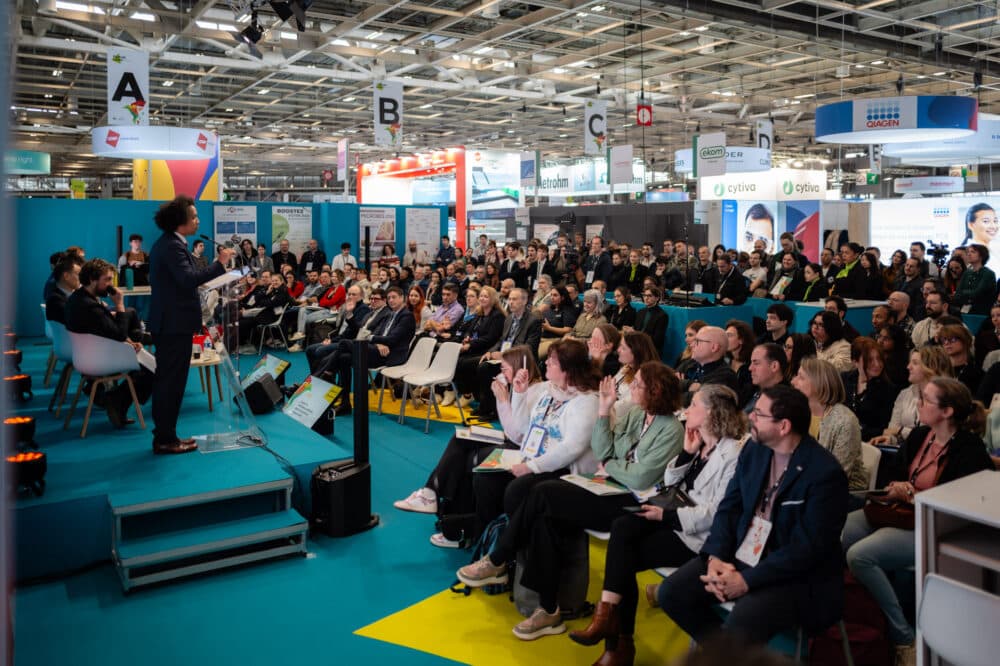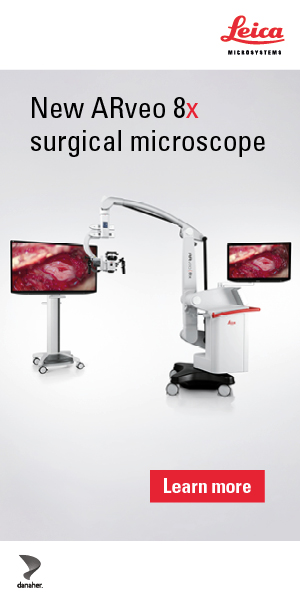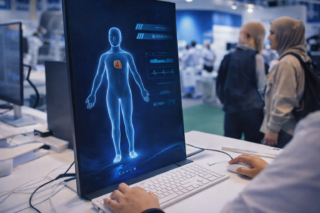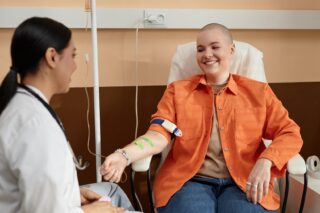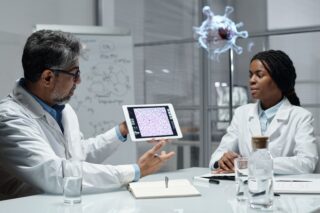Disruptive research methods and start-up pitches shine at this year’s Forum Labo Paris.
Forum Labo Paris 2025 was in full swing at the Paris Expo Porte de Versailles, once again cementing its reputation as a premier event for the laboratory and research sectors. Organized by CIFL (Comité Interprofessionnel des Fournisseurs du Laboratoire), the exhibition brings together thousands of professionals eager to explore the latest advancements in laboratory sciences, from cutting-edge instrumentation to pioneering research methodologies.
This year’s edition goes beyond showcasing technology–it highlights the crucial role of collaboration and entrepreneurship in driving scientific innovation. Among the standout events, two sessions in particular offered a glimpse into the future of laboratory sciences.
The first, hosted by Réseau Biotechno, explored disruptive research methods that empower young scientists to collaborate more effectively. The second, the highly anticipated start-up pitch competition, showcased the next wave of groundbreaking companies that aim to transform the industry. These sessions not only provided a platform for knowledge exchange but also underscored the dynamic evolution of the laboratory sector, where innovation thrives at the intersection of research, technology, and business.
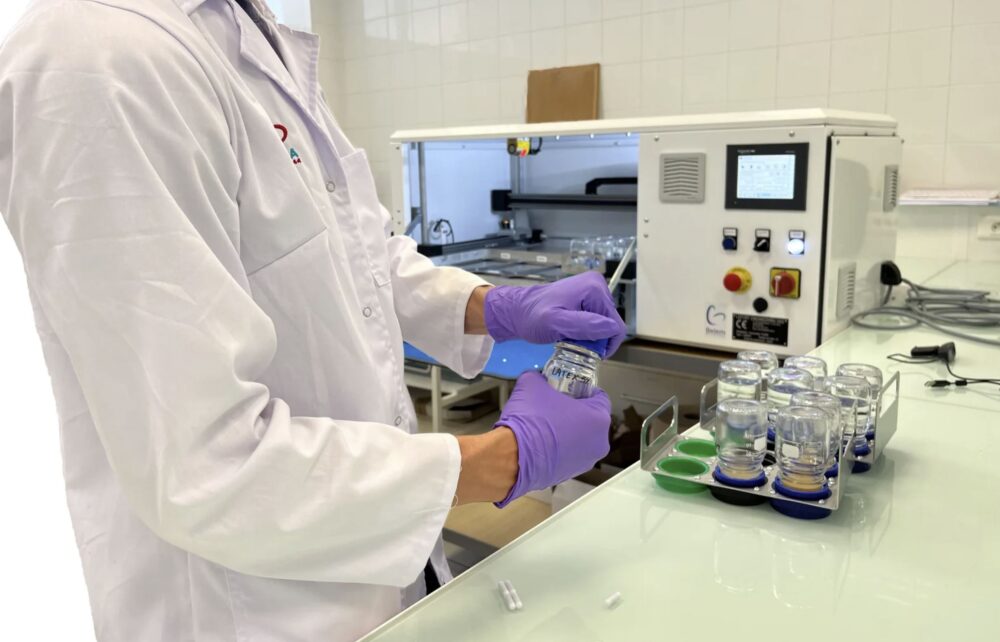
Breaking Boundaries: How Innovative Young Researchers Are Redefining Collaboration
Les jeunes chercheurs innovent ensemble: méthodes disruptives pour une meilleure collaboration (Young researchers innovate together: disruptive methods for better collaboration), was hosted by Réseau Biotechno, a national confederation in France dedicated to supporting young scientists transitioning from academia to industry. The session delved into innovative collaboration models for the research ecosystem, exploring how emerging researchers can break traditional silos, adopt disruptive methodologies, and leverage interdisciplinary networks to accelerate scientific progress.
Romain Debiton from Eurofins introduced a decentralized network model that balances autonomy and teamwork, addressing key challenges in the health sector.
“Innovation in research isn’t just about technology–it’s about how we connect and share knowledge,” he noted.
Eurofins, a major player in consulting and laboratory validation, continues to push for more efficient workflows through strategic partnerships.
Antoine Gédéon, a Sorbonne student representing the SFBBM (Société Française de Biochimie et Biologie Moléculaire), emphasized the need for interdisciplinary collaboration.
“Collaboration is key to advancing research. Young researchers thrive when they gain access to diverse expertise from multiple laboratories,” he shared.
He highlighted tools such as Labguru, an electronic laboratory notebook, as essential for modern research teams looking to streamline collaboration.
The discussion underscored a crucial takeaway: while advanced technologies play a role in shaping the future of scientific research, fostering collaboration between institutions, researchers, and industries is just as vital. By embracing new networking models and digital tools, young scientists can accelerate innovation and drive meaningful discoveries in their respective fields.
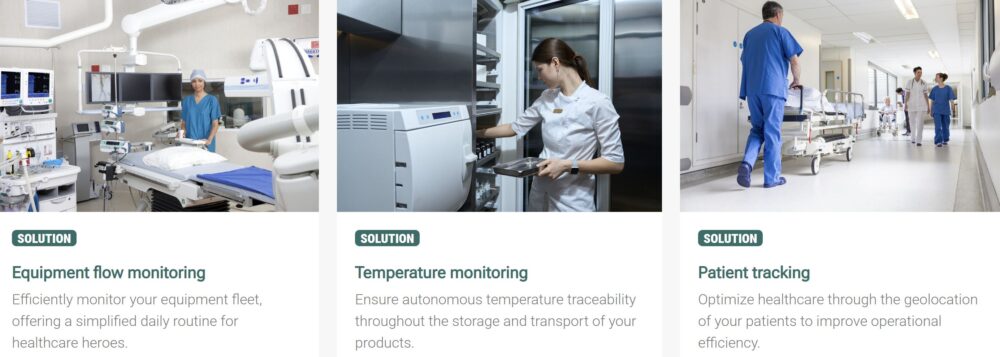
Start-Up Pitches: The Finalists of the Lab’Start-Up Challenge 2025
Entrepreneurship was also in the spotlight at the Lab’Start-Up Challenge 2025, a competition designed to give promising start-ups industry visibility and business opportunities before, during, and after the event. Ten finalists were selected to pitch their innovations in front of a panel of experts and a live audience. While the two winners have yet to be publicly announced, listed below are the finalists who presented during the event:
- BELEM Biotechnologies – Automate TOBIE for measuring biodegradability
- CHEMLABSERVICES – Mobile chemical analysis solution for energy vectors
- MAYFAIR VILLAGE SAS – “Chemy Lane” platform for scientific and R&D project management
- N-HOMADE – Web platform for optimizing chemical product management in laboratories
- RHEOCHRONOS SARL – HKR-GT device for monitoring changes in reaction states
- SYNTHELIS – Hikaraizing, new-generation bioluminescence substrates
- DIAMIDEX – MICA Highlight rapid test for Total Viable Count (TVC)
- MICROFLUIDICS INNOVATION CENTER – “Lifesaver” automated platform for organ-on-chip models
- RELAY X – “LaborIA” AI-based tool for regulatory compliance
- SUPERWYZE – IoT solution for tracking biological products and lab equipment
The competition winners will receive strategic industry exposure, a dedicated promotional campaign, and, in the case of the expert jury’s selection, a fully equipped stand at Forum Labo Lyon 2026 worth €4,500. Meanwhile, the audience’s favorite will be awarded the Public Choice Award, recognizing the start-up that resonates most with industry professionals.
As innovation and collaboration continue to define the future of laboratory sciences, Forum Labo Paris 2025 serves as a powerful reminder that scientific progress thrives not only on breakthrough technologies but also on the networks and communities that support them.
